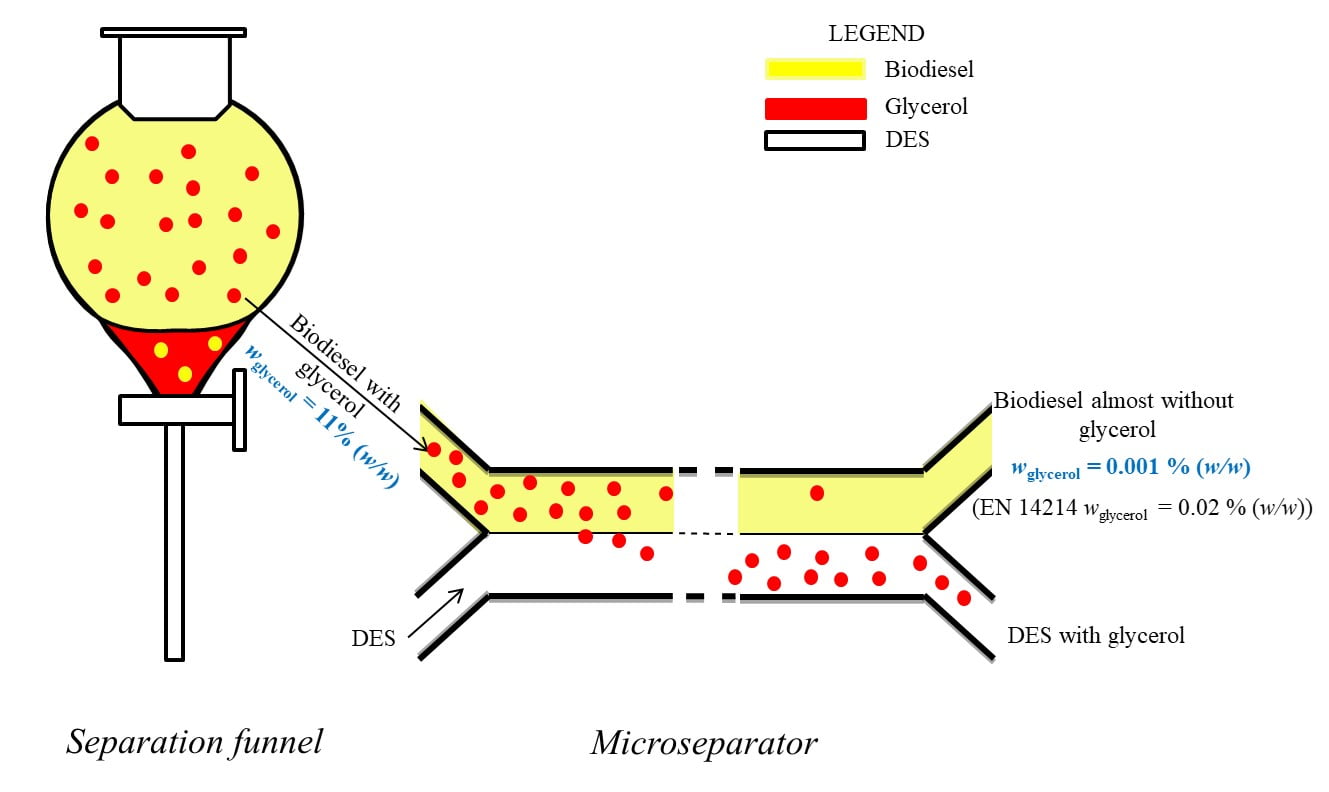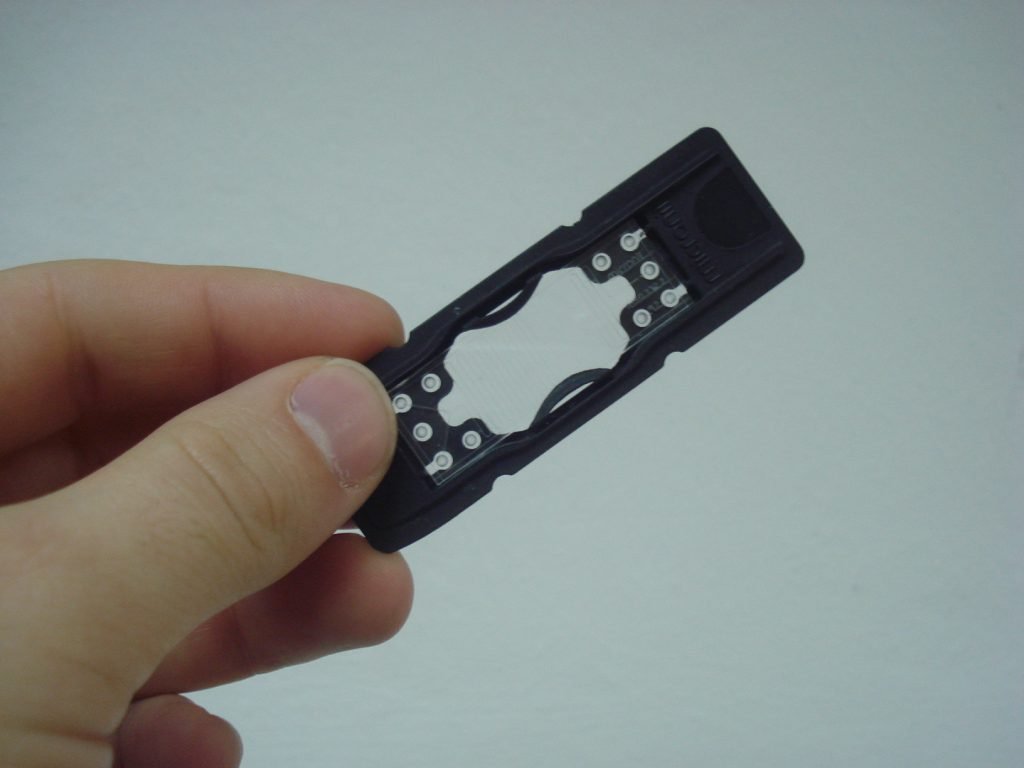prof. dr. sc. Bruno Zelić
Development of an integrated microsystem-based biocatalytic process for biodiesel production

| Project code: IP-2016-06-7993 |
| Institution: University of Zagreb, Faculty of Chemical Engineering and Technology |
| Project duration: 1 May 2017 – 30 April 2021 |
Nowadays, as the availability and accessibility of fossil fuels is significantly declining, the need for the production of biofuels from various renewable sources is becoming increasingly interesting. Biodegradability, non-toxicity and low pollution emissions are merely some properties making biodiesel a more environmentally friendly fuel. The transesterification process has the most important role in the industrial production of biodiesel. Transesterification is commonly carried out with the use of basic and acidic catalysts. The main disadvantages manifested by this conventional method of biodiesel production include: long residence times of the reaction mixture, high production costs, high energy consumption and low efficiency of the process. In order to address the abovementioned issues, and further ecologically and economically justify and enhance the process of biodiesel production, the improvement of the existing and the development of new technologies are intensively fostered these days. The microreactor systems are one of the new technologies that could be suitable to overcome the foregoing limitations of the currently used processes of biodiesel production. The application of different microreactor systems in intensification of the biodiesel production process is widely studied.
However, previous studies of the application of microreactor technology in the production of biodiesel were limited to the use of chemical catalysts. Mild reaction conditions, absence of unwanted by-products (soap), reusability, simple separation and purification of the resulting biodiesel as well as lower energy consumption are some of the many advantages that make the enzyme lipase – a biocatalyst – a better choice than traditional chemical catalysts in the process of biodiesel production. Some of the major disadvantages of biocatalysts, such as the amount of enzyme needed in the industrial production, high costs, low activity and stability in the presence of a polar alcohol such as methanol and ethanol, can be overcome by using the advantages manifested by microreactor systems in comparison with conventional reactor systems.
The aim of this project is to develop an integrated microsystem for the biocatalytic production of biodiesel. For this purpose: (i) an enzyme lipase from the fungus Thermomyces lanuginosus will be produced on solid waste from food industry, (ii) biodiesel will be produced using transesterification reaction in a stirred-tank bioreactor and different microrector systems utilising a commercially available lipase and a lipase produced by solid-state fermentation using the fungus T. lanuginosus, (iii) separation of glycerol will be carried out in the first phase and purification of the obtained biodiesel in the second phase applying the membrane ultrafiltration modules with hollow fibres to produce biodiesel that quantitatively and qualitatively fulfils the prescribed standards. For the first time, an integrated microreactor system will be developed. The continuous production of biodiesel will take place in a single chip, while another chip will be used for continuous separation and purification of biodiesel using a filter integrated into the system. In addition to the experiments, special attention will be paid to the development of mathematical models for biodiesel production in a microreactor. The results of mathematical model simulations will be used to better understand the flow of the reaction mixture in a microchannel, process optimization and process scale up.


Bruno Zelić was born in 1973 in Osijek. He is a Full Professor at the University of Zagreb, Faculty of Chemical Engineering and Technology, where he also served as Vice-dean and Dean. He was awarded with the Annual State Award for Science. His research interest is in the field of application of chemical engineering methodology in development of bioprocesses. He has published 60 scientific papers in WoS journals, 34 papers in other journals and conference proceedings, 1 textbook, five chapters in books and 2 patents. He participated with more than 100 presentations on scientific conferences. He was Principal Investigator of five scientific projects. He is coeditor-in-chief of the Chemical and Biochemical Engineering Quarterly journal.










